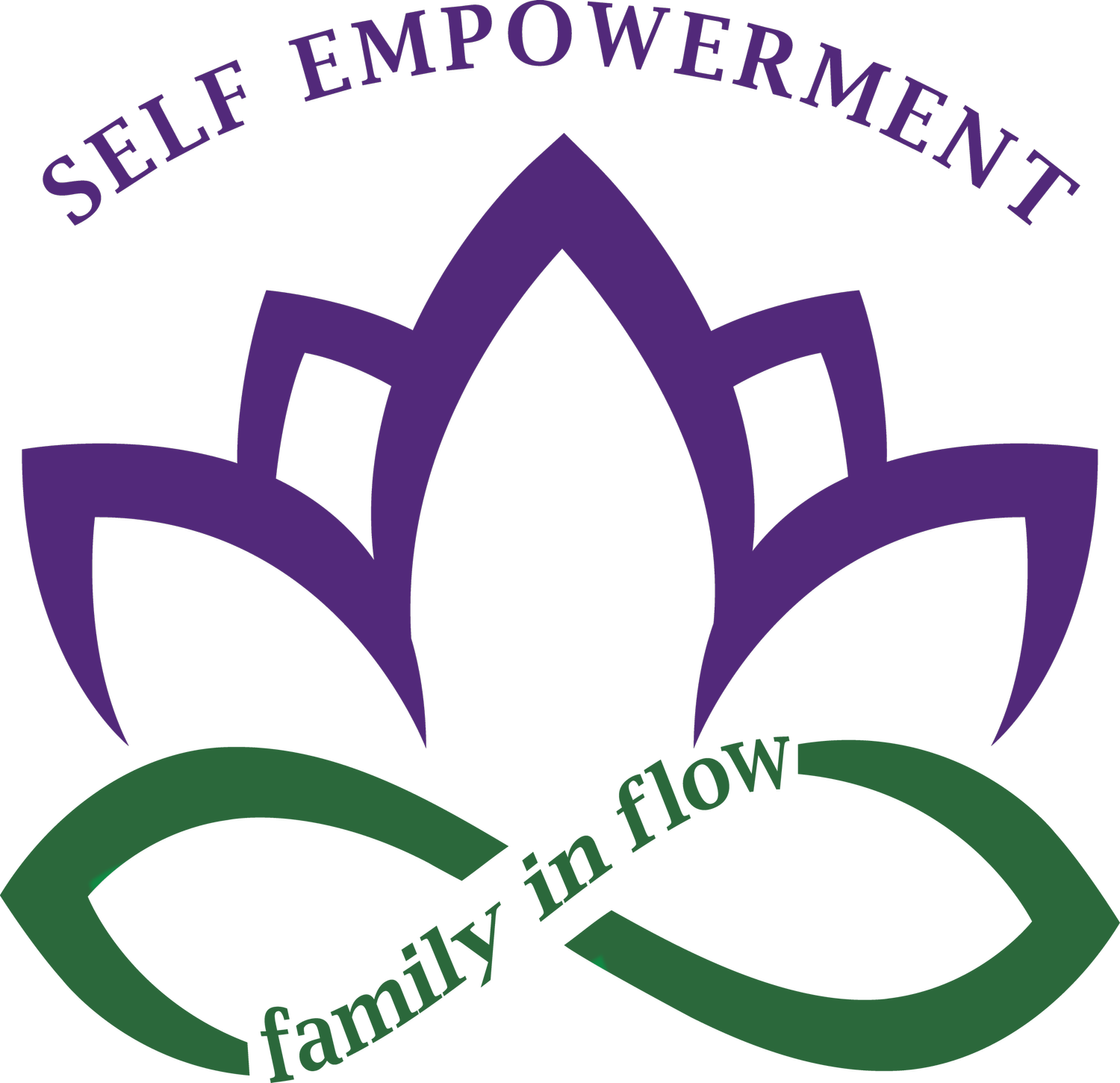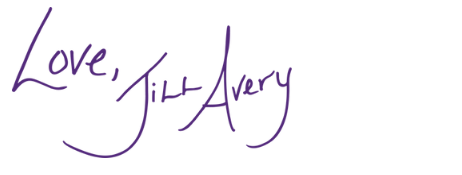Jill spills: One Childhood
Childhood. One shot. One chance. And a very tender topic that stirs the deepest of emotions within all of us.
Parents undoubtedly wield immense power in shaping their children's lives, a power that carries profound responsibility. While I may not have all the answers, I’d like to provide an awareness that hopefully will serve as a compass for those navigating their children's childhoods, those preparing for their children’s transition into their emerging adulthood, or those already basking in the presence of their independent adult children. Whichever phase you’re in, the opportunities to infuse goodness into the lives you cherish remains evergreen no matter what the age.
In the grand theater of life, childhood is the opening act that sets the stage for the rest of our story.
It’s that precious chapter when imagination runs free, scraped knees are badges of honor, and bedtime stories possess an enchanting power to transport us into dreamland.
Certainly, childhood should ideally be a magical, meaningful, and fortifying phase. However, let's be real; for many of us, significant portions of our lives are consumed by the quest to repair, comprehend, or escape the imprints of our childhoods. And memories, as we know, can be tricky. They are deeply personal, subject to our unique perceptions, interpretations, emotional states, and a myriad of other influential variables.
As someone who has navigated the dual roles of daughter and mother, I've witnessed this paradox firsthand. I've come to realize that my memories from childhood often stray significantly from how my parents remember those times. It can honestly tick me off and feel quite insulting. Yet, with the passage of time, I've gained a new perspective. I've found myself on the receiving end of my adult children's recollections of their childhood memories, which sometimes leave me utterly perplexed because they aren’t even close to what I remember. So, my apologies mom and dad, I get it now.
The truth is, it doesn’t make sense to argue or engage in a debate with childhood memories; it's not a matter of right or wrong.
Instead, it's a reflection of how an experience felt and the profound impact it had, whether positive or negative. Childhood represents a formative period in our lives, one that leaves an enduring mark on our identities and memories. It's a complex tapestry woven from the threads of our perceptions and emotions, a mosaic of recollections that shape who we are today.
This is where the gift of awareness truly shines, illuminating ample opportunities for us to create meaningful and joyful experiences – the good stuff – to our children’s one shot at childhood which we are entrusted to nurture. I’m talking about the good stuff that really matters and will continue to matter more and more as they reflect and reminisce about their childhoods throughout their lifetimes. These are the memories that remain alive, precious, and treasured for always.
Let's start by delving into the foundational concept of awareness, recognizing the profound impact and weight of the words we utter. The adage "Sticks and Stones" may indeed break bones, but the reality is words possess the power to expand or shatter hearts, nurture, or wound minds, and propel souls to soar or plummet into the abyss of self-doubt.
Words are like seeds, capable of sprouting into a lush garden of confidence or a thorny forest of insecurity.
Often, we find ourselves clinging to the thorns of criticism more tenaciously than embracing the blossoms of self-assurance. This phenomenon can be attributed to the fact that many of these words have been sown by our parents. It’s only natural for children, regardless of age, to inherently yearn for their parents' love, acceptance, and validation, intensifying the influence and significance of their words.
It seems the words that wound root deeper than those that nourish.
James Clear's quote, "Feel compliments as deeply as you feel insults," speaks to this notion. While parents may not intend harm with their words, it remains their responsibility to be aware, wise, and mindful in their communication. We must always remember that our words possess the potential to either nurture growth or sow seeds of contamination.
Be aware of seeds you are planting in your children’s subconscious garden. Teach, empower, and lead by example. Happy seeding!


